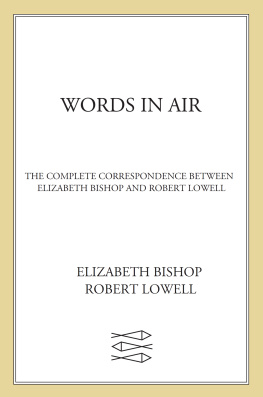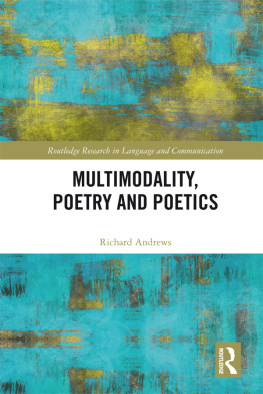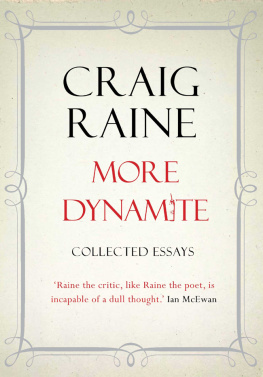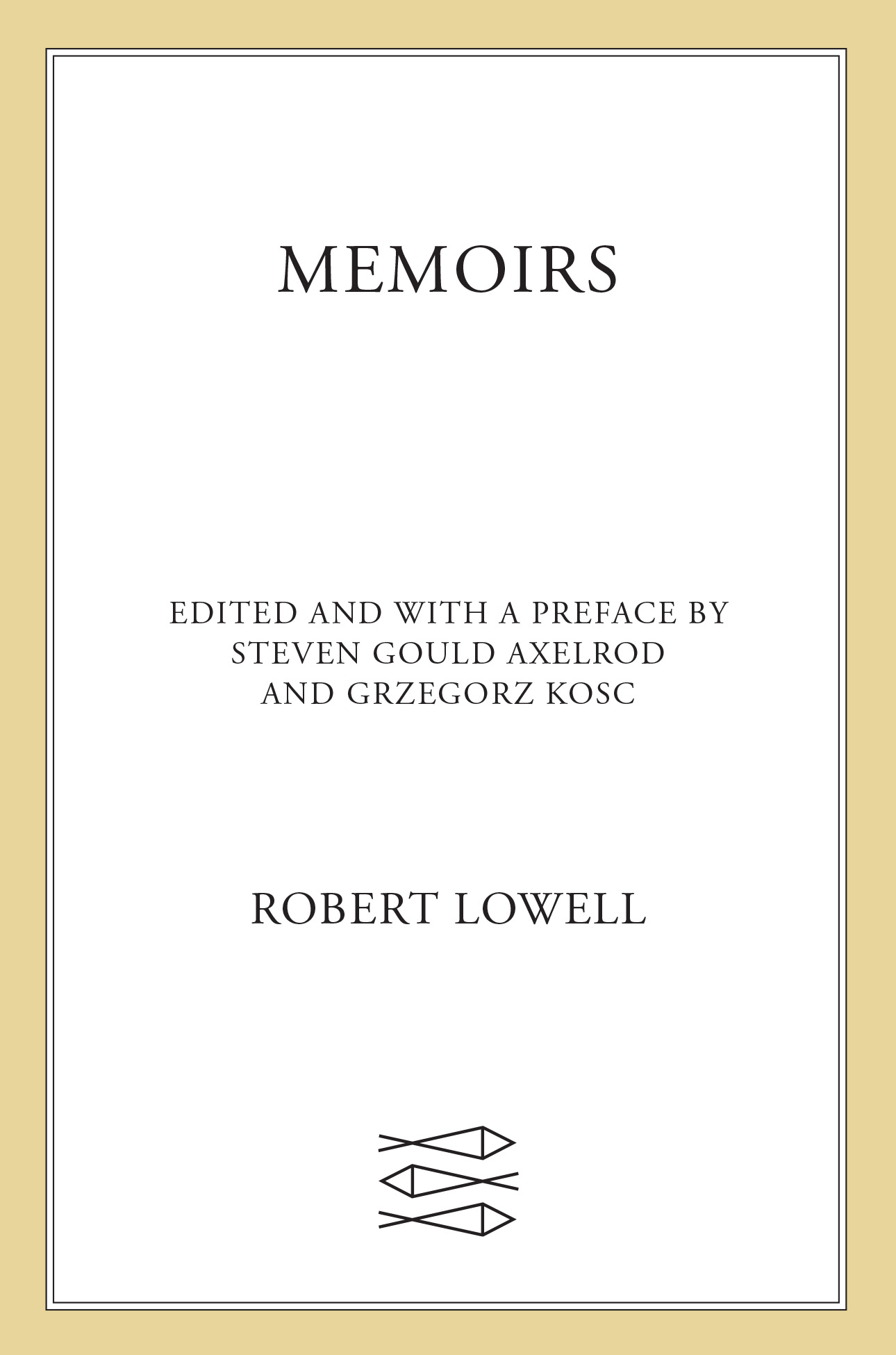
The author and publisher have provided this e-book to you for your personal use only. You may not make this e-book publicly available in any way. Copyright infringement is against the law. If you believe the copy of this e-book you are reading infringes on the authors copyright, please notify the publisher at: us.macmillanusa.com/piracy.
ROBERT LOWELL ON CE WROTE, In truth I seem to have felt mostly the joys of living; in remembering, in recording, thanks to the gift of the Muse, it is the pain. But perhaps that was the opposite of what he meant or felt. Certainly he experienced pain in living through the late 1940s and the 1950s, when his severe bipolar disorder struck in full force, landing him in jails and then, recurrently, in psychiatric hospitals. The turning point came in 1954 after his most violent attack of mania yet. He was committed to the Payne Whitney Psychiatric Clinic in New York for a prolonged stay, during which he received for the first time a clear diagnosis and sustained talk therapy.
It was here that the poet began writing autobiographical prose, as part of his therapeutic regimen. It was a writing project that sustained him for three years, and that continued in a different, attenuated form for the rest of his life. From 1954 to 1957 Lowell explored and memorialized his childhood memories as well as his present state of confusion and despair. When that vein of silver ran out in 1957, he returned to poetry, writing the autobiographical poems of Life Studies, which was published in 1959 and became a landmark in world poetry. In 1959 he also resumed his memoir project, though in an altered format. From this point forward, his memoirs centered on other writers. Whereas he chose to publish only one of his earlier autobiographical memoirs (91 Revere Street, included in Life Studies), he regularly published his memoirs of other writers in literary magazines. He appeared as a character in these memoirs too, but in a healthier condition than before, as the self-assured observer and narrator.
Lowell wrote the introspective memoirs of 1954 to 1957 in a torrent, using them as a method to understand himself, in his past and present guises, and as a potential way to get well, as he later wrote. He composed the outer-directed memoirs of 1959 to 1977 in a trickle, as small narratives marking his connection to admired writers and ultimately registering their deaths and foreseeing his own. Taken together, these memoirs begun in crisis and ending with his death were the closest thing to a prose autobiography that Lowell ever wrote.
This present volume gathers Lowells childhood memoirs in Part I, and his narratives of his adult life in and out of psychiatric hospitals in Part II. Lowell chose, or was encouraged, not to publish these texts, for reasons that will be explored in our introductions. Many of these memoirs lack that last coat of finish he normally applied to his published work. Some are fragmentary, though others are virtually completed. Together they tell a powerful story of a soul in pain and a writer searching, with courage and discipline, for a way forward. In a contrary fashion, many of the memoirs in Part III were indeed finished and published. Whereas the initial examples show a sociable, genial Lowell in conversation with his creative peers, the later examples present a Lowell shaken by the deaths of his friends.
We believe these prose memoirs display another dimension of Lowells artistry. Although their imagery and fantasy complement his poems, these prose works also stand apart, using their mediums discursiveness to achieve something different from what could be attained through poetic condensation. The memoirs tell a story that is paradoxically extreme and ordinary. In living through the calamitous events evoked in Parts I and II, and through the losses in Part III, Lowell must have felt great pain; in writing about those events with such verve and moral imagination, he must have felt blessed with joy.
IN OCTOBER 1954 , Robert Lowell wrote to his friend John Berryman: Ive just started messing around with my autobiographical monster.
Lowells initial intention to write a book about his childhood reflected his experience with psychoanalysis during an extended stay at the Payne Whitney Psychiatric Clinic in the summer of 1954. He hoped he could use that immersion into memory as a way to overcome the writers block that had been haunting him. The project gained added resonance in late 1955 when he and Elizabeth Hardwick purchased a house on Marlborough Streeta block from where I grew up, as he wrote to William Carlos Williams. With relatively few overlaps, My Autobiography and the Life Studies sequence illuminate and challenge each other, and reveal the opportunities and limitations inherent in their different genres.
Lowell originally planned to begin his memoir with his birth and conclude in the summer of 1934, when he was seventeen and attending St. Marks School. The text would end with a period of enthusiasm, which occurred a few months before he found himself, presumably as a writer. this chapter breaks with memoir convention and prepares us for the extent to which fantasies, imagined voices, and secondhand stories will contribute to the text: that is, the extent to which Lowells narratives are as much a dream of the past as a recounting. Moreover, My Autobiography does not carry us into 1934 but instead stops, or almost stops, in 1930 as the young Lowell, aged thirteen, apprehensively prepares to enter St. Marks School. Skipping over his boarding-school years entirely, the story then jumps to his bittersweet last meeting with his grandfather, Arthur Winslow, in December 1937, when Lowell was twenty.
Despite its deviation from the initial plan, My Autobiography seems roughly complete. The first eight chapters articulate the social world of Lowells early and middle childhood. This initial sequence resolves in the most sustained chapter of the memoir, 91 Revere Street. In this chapter, the young boy, now eight, demonstrates characteristics that are to stay with him a lifetime: intelligence, keen observational powers, rebelliousness, impulsiveness, inner turmoil, and creativity. One might consider the next sequence of nine chapters, from Pictures of Rock through Arthur Winslow V, to be Lowells pastoral. They focus on his experiences with his grandfather in mostly rural settings, even as Lowells father is experiencing disastrous career reverses back in the city. Then My Autobiography shakes off the leisure of middle childhood in two climactic chapters: My Crime Wave and Entering St. Marks. These chapters return us to the urbanity of Boston, without the daily protective presence of Grandfather Winslow. Lowell is now entering early adolescence, a time of considerable perturbation. Grandfather Winslow returns in the memoirs coda, a poetic evocation of the last meeting between the old man, now dying, and the grandson, now approaching adulthood. Transitioning from patriarch to angel, Winslow has an effect that is both paralyzing and soothing. My Autobiography concludes with a vision of the grandfather as a white blur, presiding over memories that are themselves fading to a blur.
Lowell never showed this memoir to Giroux. He apparently shared it only with his wife, Elizabeth Hardwick, who read at least one chapter, Entering St. Marks, and suggested some word changes. When Lowell moved on to Life Studies in August 1957, he left his prose memoir behind. He wrote to Giroux in October: My autobiography is on the shelf (or rather in my desk-drawer where I have a hundred tousled pages) for the moment. and so he did if you compare the poems to the prose memoir.






